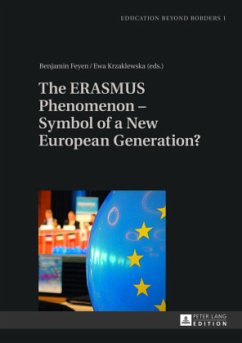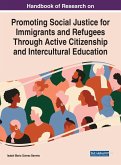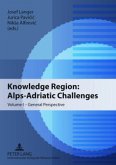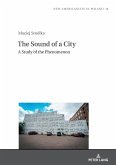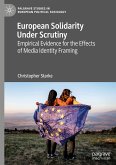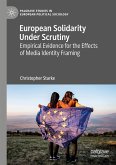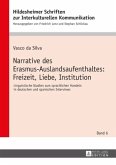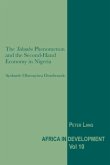In 2012, the ERASMUS programme celebrated its 25th anniversary. As one of the best-known initiatives of the EU, it has already enabled almost three million students to spend a part of their studies abroad. But ERASMUS is more than just a simple academic exchange programme: designed to contribute to the creation of a «People's Europe», it has become a successful political instrument for shaping generations of European students. This interdisciplinary volume attempts to explain the fascination behind ERASMUS. The authors examine the role of student mobility within the European integration process and judge its impact on how young citizens identify with Europe. Is there a «Generation ERASMUS», and what characteristics does it have? Can ERASMUS serve as a symbol for «new» Europeans?
"The main reason I liked this book was that at no point did any author jump to the conclusion that mobility equalled greater European identity. Where authors drew on their primary research (for example Christof Van Mol), they carefully explore how their findings can be explained. Although each author carefully explores whether mobility can enable greater identification with Europe, the book leaves readers to form their own opinion as to whether ERASMUS mobility establishes a European identity, or just an international community of ERASMUS students." (Alex Seal, Sociological Research online, 01/2014)

